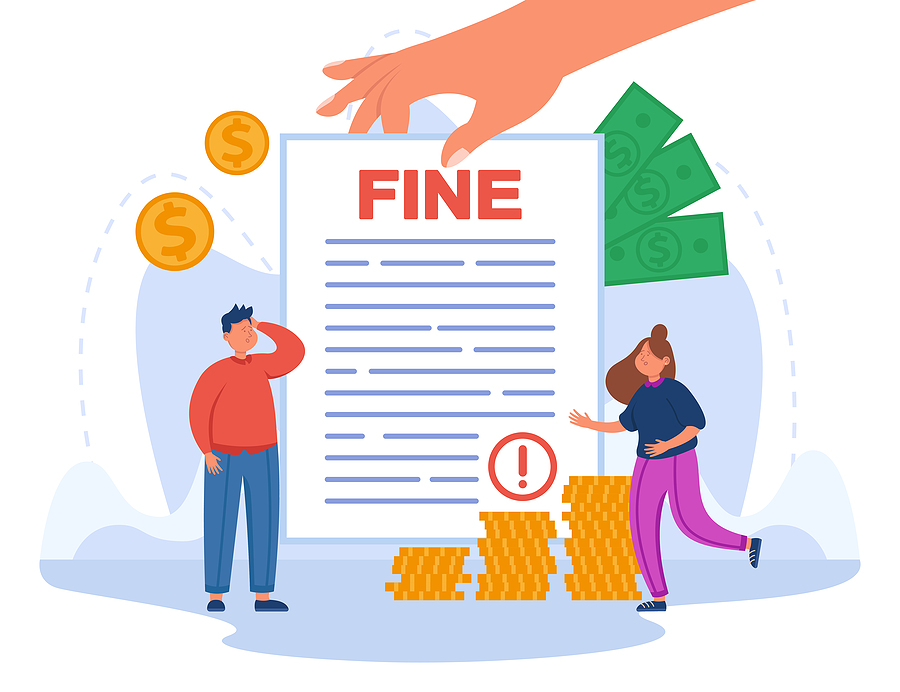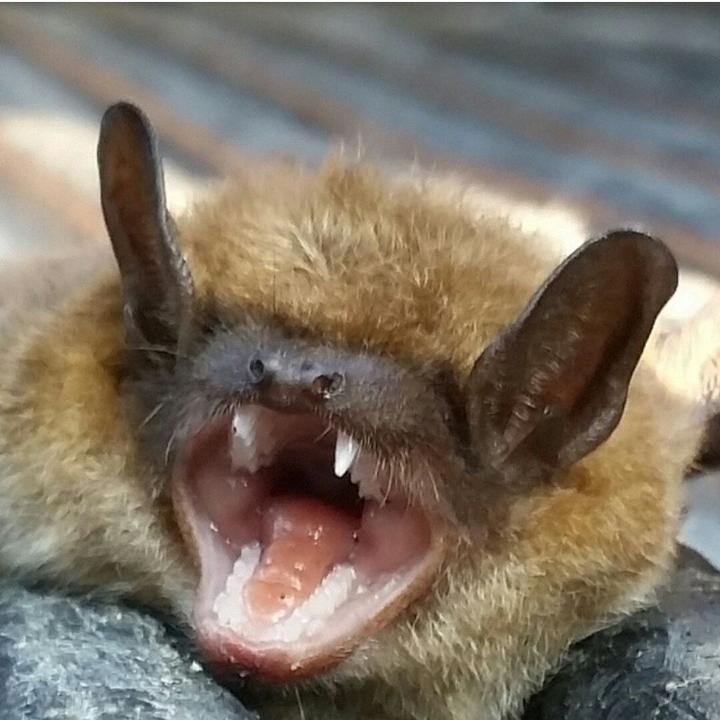If you have a nuisance bat problem in or around your house, be wise and hire a professional for licensed bat removal service. If you attempt to get rid of bats on your own, you may be unknowingly subjecting yourself to some very serious consequences. Fifty thousand of them to be exact. Not only can tampering with the wrong species of bat land you in the civil hotseat, but it might also force you to pay a fine higher than your annual income.
Continue reading to learn how DIY bat removal can lead to a $50,000 fine, plus what you should do instead if you have bats on your property.

Federal Laws Regarding Endangered and Threatened Bats
In general, it is illegal to capture a bat and let it go in the wild somewhere else. It is also illegal to poison any animal on residential property other than rats and mice. Aside from these two important critter laws, there are additional legal matters regarding threatened and engendered species, which are both Federally-protected. Here in Virginia, we are home to 15 species of bat, but three are listed as threatened or endangered: the Gray bat, Indiana bat, and Virginia Big-Eared bat.
Most bats in Virginia look alike, so being able to identify and distinguish one species from the next is not something the average homeowner can do. If you were to unknowingly touch, harm, trap, capture, or kill one of these three species of endangered or threatened bat species, you could face a lot of legal trouble: namely, fines.
Fines for Tampering With an Endangered or Threatened Bat
The Endangered Species Act sets forth specific regulations and limitations that protect endangered or threatened animals. It strictly prohibits anyone from attempting to “harass, harm, pursue, hunt, shoot, wound, kill, trap, capture, collect, or attempt to engage in any such conduct” with any endangered or threatened species of wildlife, including bats. Violating the laws governed by the Endangered Species Act will result in a misdemeanor or felony charge.
Most violations of the Endangered Species Act are charged as Class A Misdemeanors, which come with a mandatory $2,500 fine, plus up to one year in county jail. Felony violations involving a threatened species of bat will result in a fine of $25,000 and possibly up to 6 months in prison. Felony violations involving an endangered bat species will result in a fine of $50,000 and possibly up to 6 months in federal prison.
Virginia State Laws for Bats
There are important state laws surrounding wild bats you should be aware of. According to the Department of Game and Inland Fisheries (DGIF), in Virginia, it is illegal to, “transport, release, or relocate a bat anywhere other than the property it was caught on,” as well as, “poison any animal (including bat) other than rats and mice on your property.” Furthermore, it is a federal offense to, “harass, harm, pursue, hunt, shoot, wound, kill, trap, capture, or collect, or to attempt to engage in any such conduct” any endangered or threatened species.”
If you believe you might be dealing with an endangered or threatened bat species, contact the Virginia game official or wildlife warden in your area. You may also contact a licensed and insured bat removal and control company for qualified assistance.
Are you trying to manage a nuisance bat problem in or around your property? Contact Virginia Bat Pros at 804-729-9097 for licensed and insured bat removal and control you can afford. We serve residential and commercial clients.
Related Posts:
7 Things You Should Never Do If You Have Bats
What You Need to Know About the Department of Health and Bats
Federally Endangered Species of Bat in Virginia

